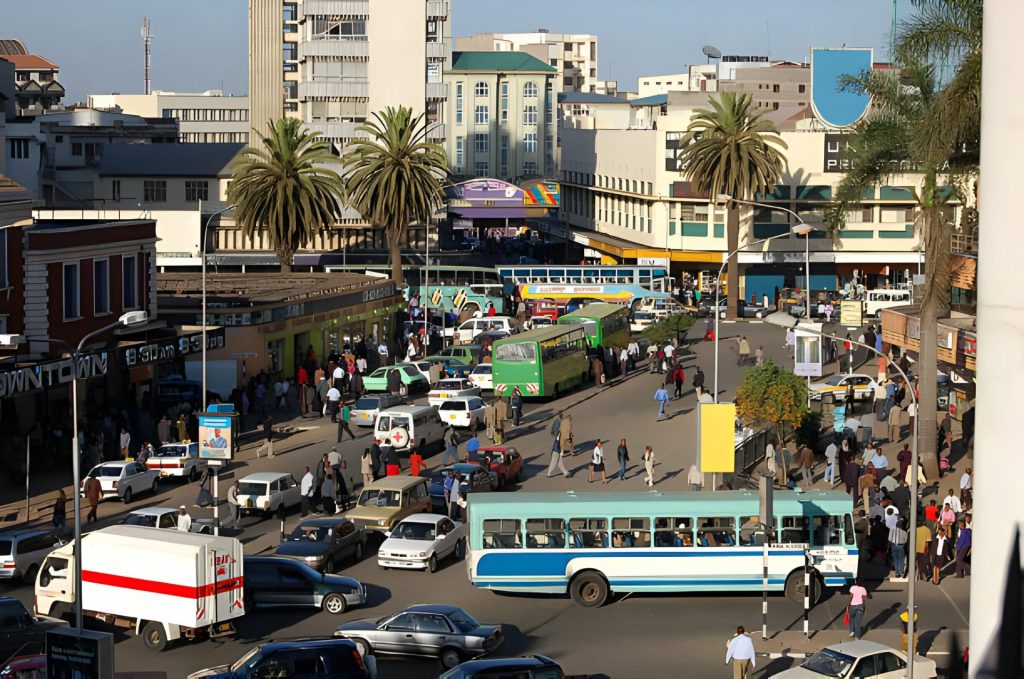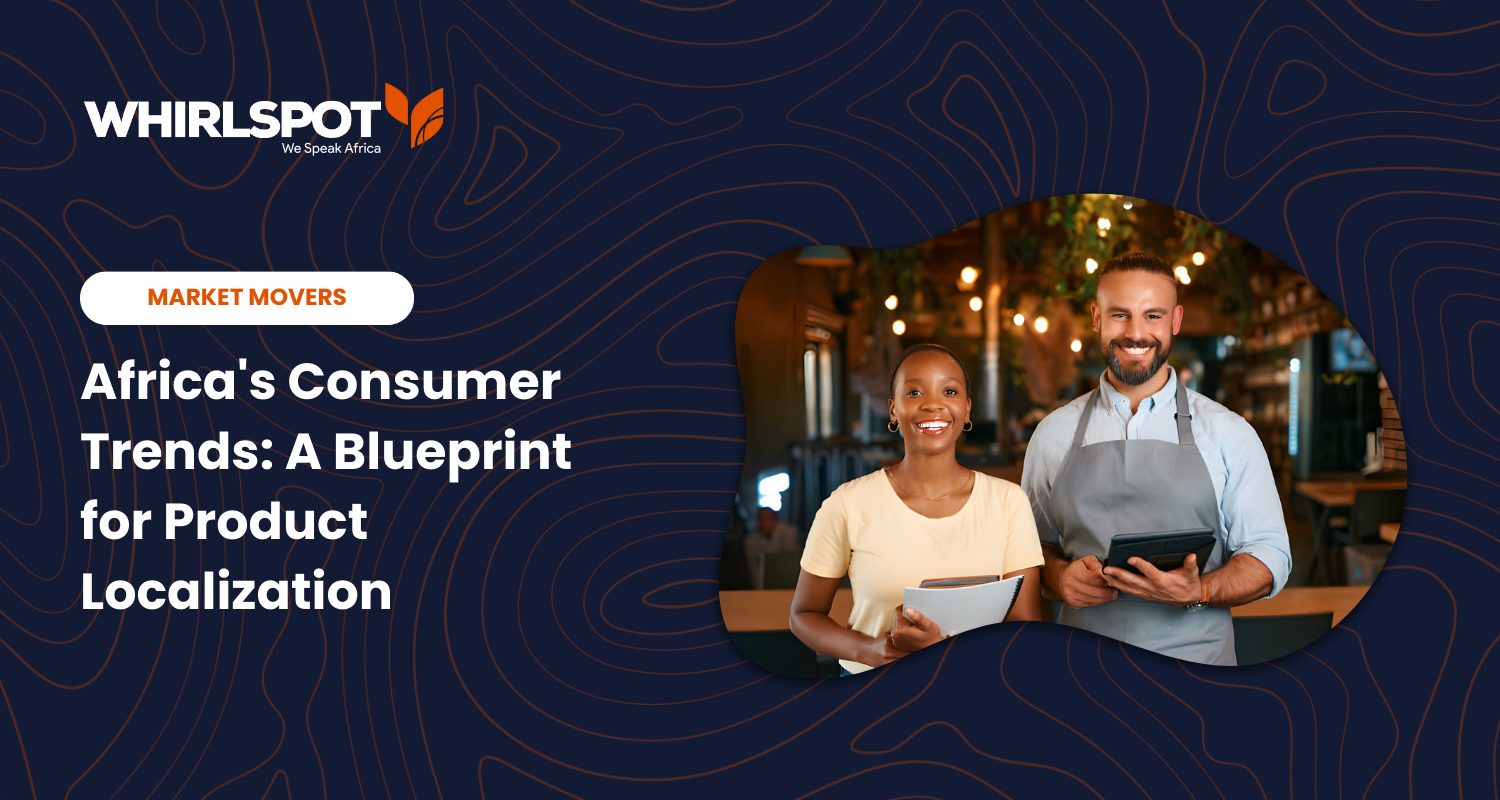In 2021, Africa recorded an unprecedented influx of $83 billion in Foreign direct investment (FDI). This huge financial infusion highlights the continent’s growing appeal as a fertile ground for businesses. Remarkably, 8 African nations are currently among the top 15 countries with the highest real GDP growth rates, solidifying Africa’s status as a promising market for products and services.
However, while Africa presents a great opportunity for businesses, breaking into the market is more complex than you might expect. In this article, we will delve into Africa’s distinctive business landscape and explore the prevailing consumer trends that shape this vast continent and how localization of products can impact business growth.
Africa’s Business Landscape
The continent is famous for its diversity and boasts a far-reaching mosaic of cultures, languages, and traditions. Amid this rich tapestry lies an intricate web of consumer preferences, buying habits, and cultural nuances. Understanding these subtleties is the key to effectively adapting your products and services to the African market. However, while Africa presents a great opportunity for businesses, breaking into the market is more complex than you might expect.

The continent is famous for its diversity and boasts a far-reaching mosaic of cultures, languages, and traditions. Amid this rich tapestry lies an intricate web of consumer preferences, buying habits, and cultural nuances. Understanding these subtleties is the key to effectively adapting your products and services to the African market. Africa’s consumer preferences are as varied as its landscapes. In some cases, these preferences are affected by the region.
In West Africa, where communal values hold sway, products that promote a sense of togetherness usually thrive. Families and communities often gather around sumptuous feasts, so food products that cater to large gatherings are in high demand. Hence, brands emphasizing family values and unity resonate deeply. Meanwhile, in North Africa, where the Arab influence is strong, countries like Egypt, Morocco, and Algeria have created a market that values hospitality and tradition.
Personal relationships are important in this region, so establishing trust is crucial. Hence, luxury items and personalized services usually find a receptive audience here. Currently, only about 40% of Africans have access to electricity. So, products that use storage batteries will easily resonate with consumers than products that don’t. It is also worthy of note that all African countries except South Africa are classed as developing nations.
According to the World Bank, up to 40% of Africans live below $1.90 a day. This suggests that consumers will choose affordability over quality. And while that’s partly true, it doesn’t tell the full story. A 2018 statistic by Statista indicates that 8 in 10 consumers in Nigeria would pay more for fashion items while spending significantly less on food. This trend underscores the significance Nigerians place on premium products and services.

The same can be said for many countries in Sub-Saharan Africa. Aside from consumer preferences, buying habits are another factor influencing Africa’s consumer trends. Many Africans rely on local markets, street vendors, and informal trading networks for everyday needs. This presents both opportunities and challenges for businesses. To tap into this vibrant ecosystem, companies may consider forming partnerships with local vendors and adapting their products to suit the preferences of these consumers.
Businesses can offer smaller, more affordable packaging options that are more fitting for the typical purchasing patterns. Also, consumers in the continent tend to be brand-loyal when they find products that resonate with their values and needs. This is why building trust through consistent quality and social responsibility initiatives that can lead to long-term success is crucial.
Big brands like MTN, Star Lager, and Malta Guinness have taken advantage of customer loyalty in Africa by hosting different social events to create direct interaction with their target audience and increase brand awareness. The cultures of Africa are profoundly ingrained in its inhabitants. This means that understanding the nuances is another factor that can be vital for effective product localization.
For example, the continent boasts more than 2,000 languages plus dialects that weave an intricate fabric of communication. To bridge the linguistic divide and engage more effectively with local communities, businesses must ensure their product information, marketing materials, and customer interactions are available in multiple languages. This includes not only official languages but also regional dialects.
Businesses must learn that linguistic inclusivity in Africa will enhance product accessibility and promote a sense of connection with diverse audiences. Besides language inclusivity, brands may also want to participate in local celebrations and festivals to help connect with consumers. This means businesses that tailor their promotions and products to coincide with these events will likely yield impressive results.
A good example is the Mawazine International music festival celebrated in Morocco. This festival attracts millions of people in Morocco and from around the world, making it the perfect platform to connect with your target consumers.
Conclusion
While it might seem like a lot to unpack, localizing African products and services is simple, especially with local partners and agencies who can help navigate the murky waters of African consumer trends and preferences. As long as brands take the time to learn about the people and their way of life, they’ll stand a better chance of putting out products that fit the needs of Africans.
That said, Africa’s diversity means that a one-size-fits-all approach will not suffice. Instead, brands will need to acknowledge the richness of Africa’s markets and tailor their products and services to meet the unique needs of the people. Granted, it will take some work, but the massive consumer potential in Africa means the rewards are well worth the hard work.








